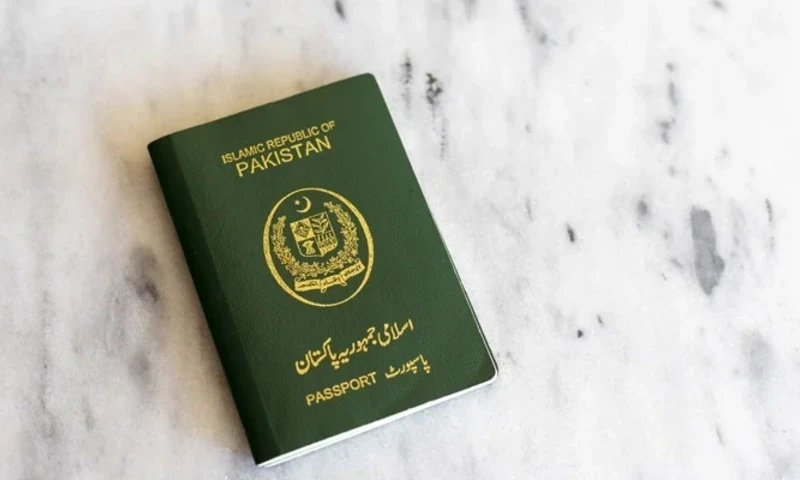K-visa opens doors for young professionals in science, technology from Pakistan
Pakistan is set to gain from China’s introduction of the K-visa, designed specifically for young foreign talent in science and technology.
This new visa opens up opportunities for Pakistani graduates, researchers, and professionals to work, study, and collaborate in China.
What is the K-Visa?
The K-visa targets professionals in STEM fields science, technology, engineering, and mathematics. It is intended for:
• Young individuals with a bachelor’s degree or higher from recognized universities or research institutions.
• Those involved in education or research at top-tier institutions.
Opportunities for K-Visa holders
K visa holders will be able to:
• Participate in educational, scientific, and cultural exchange activities in China.
• Enjoy easier entry, longer validity, and extended stays compared to many other visa types.
Significance for Pakistan
The K-visa offers Pakistani graduates and researchers the possibility to apply without needing a job offer in China. This initiative supports the development of skills, networks, and careers in high-tech fields, while also strengthening academic and research ties between Pakistan and China.
Eligibility Criteria
To qualify for China’s K-visa, applicants must be:
• Young international professionals in STEM fields.
• Degree holders (bachelor’s or higher) from prestigious institutions.
• Eligible based on age, education, and experience.
• Not required to have a Chinese employer or invitation.
Application process
The application process for the K visa will be streamlined for eligible candidates. China’s Foreign Ministry, along with Public Security and overseas embassies and consulates, will manage the issuance, extension, renewal, and replacement of these visas. Support will also be provided to K visa holders for residence and stay in China.
The K-visa adds to China’s existing 12 visa types such as L for tourism, D for permanent residence, and G for transit specifically focusing on attracting young talent. The new regulations will come into effect on October 1.
For the latest news, follow us on Twitter @Aaj_Urdu. We are also on Facebook, Instagram and YouTube.























Comments are closed on this story.